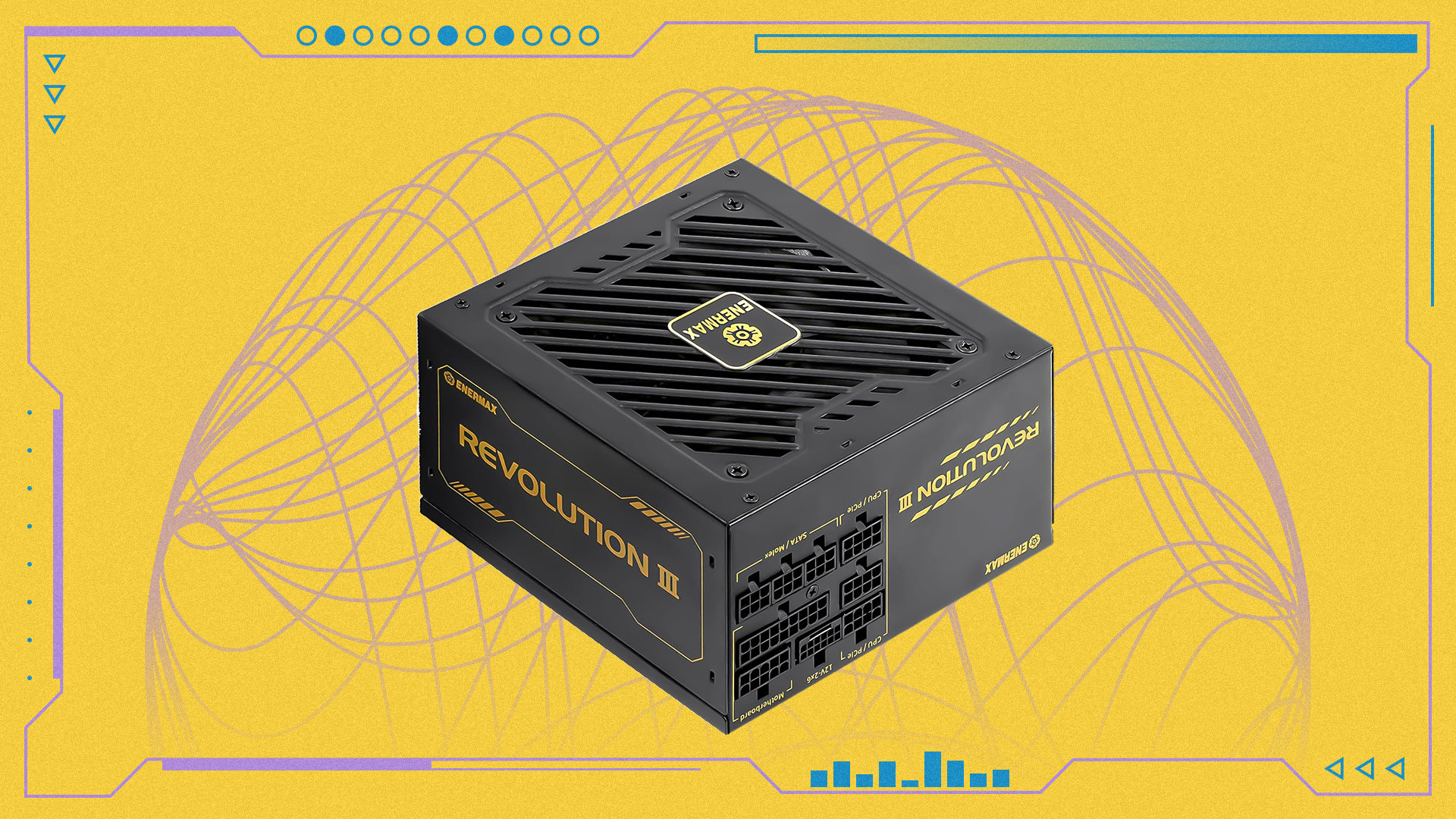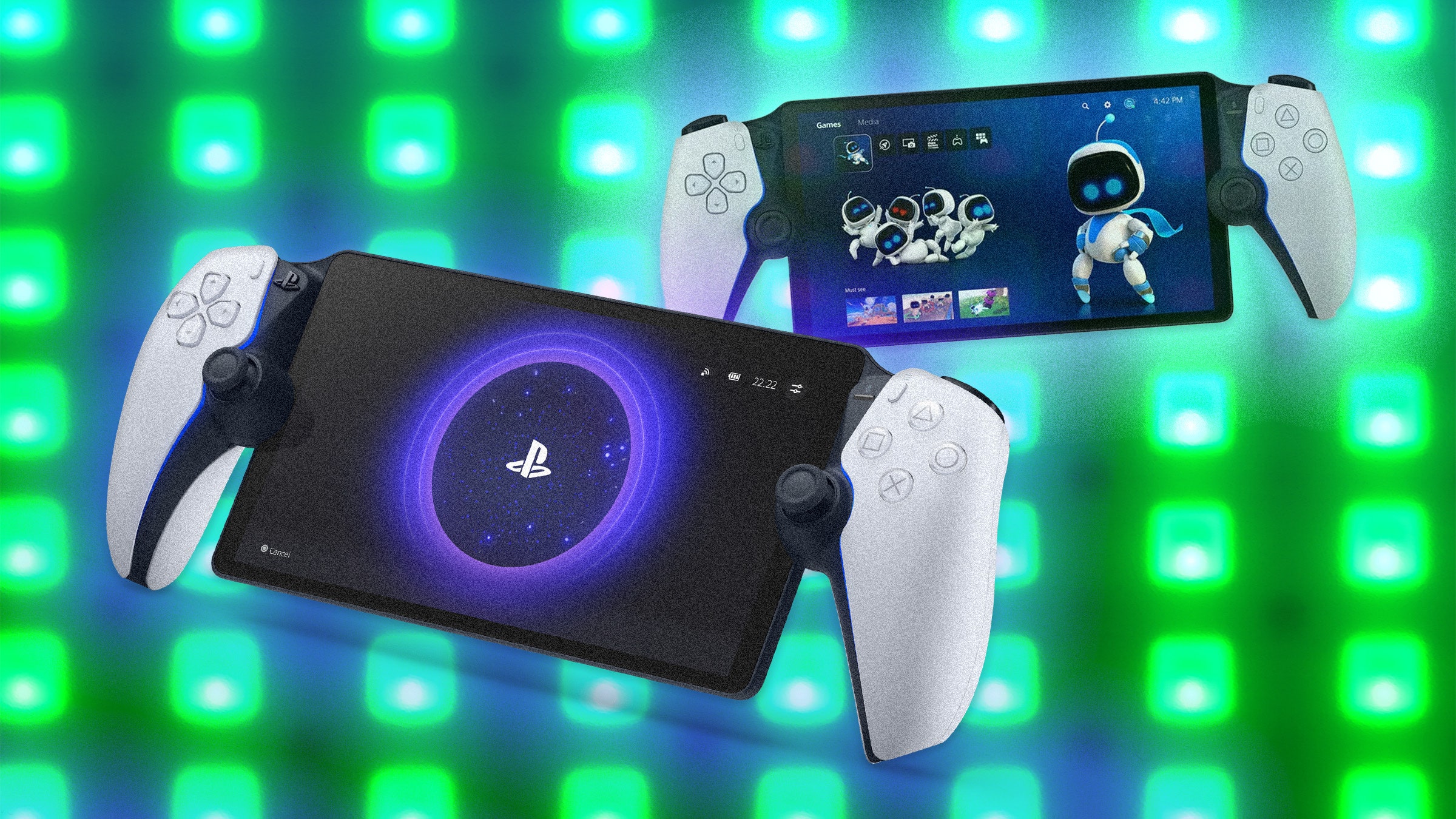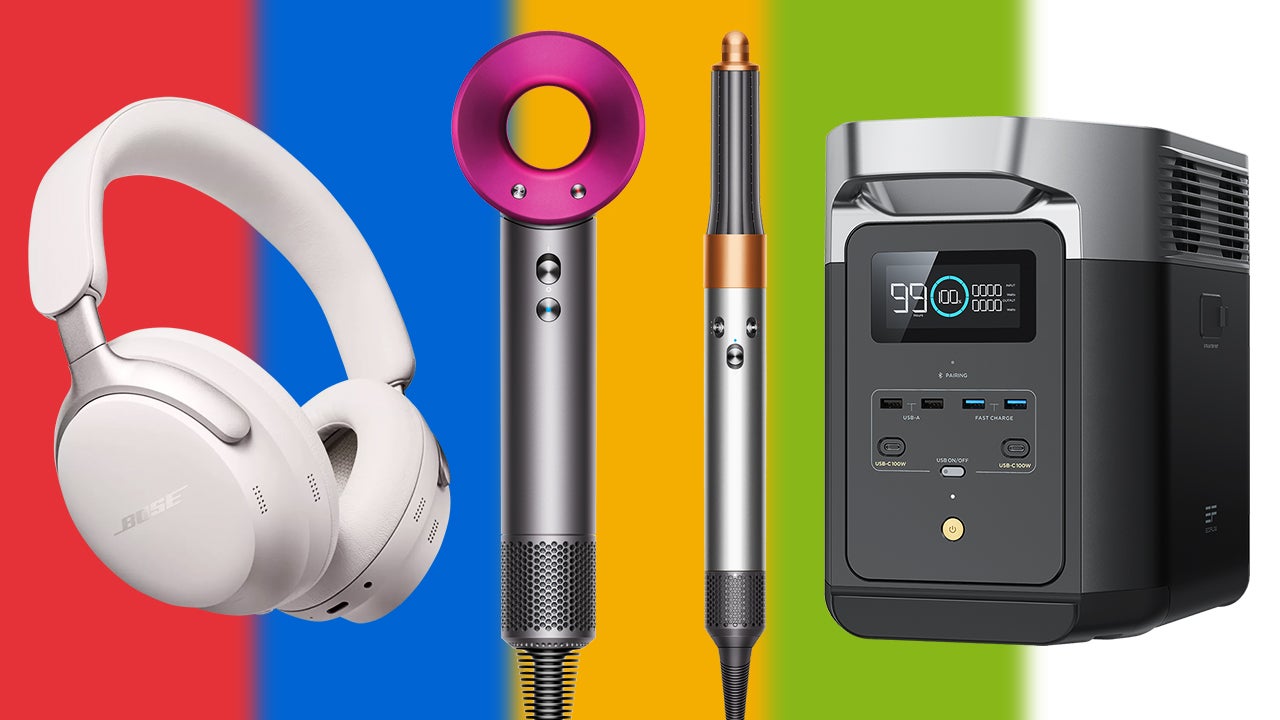
A PC power supply won’t boost your frame rate, but it will make sure everything in your PC is safe, secure, and running efficiently. A bad PSU risks system crashes at stock settings – nevermind overclocking – due to unstable power delivery, and can even cause other components to fail. The best power supplies help make sure that doesn’t happen.
TL;DR – These Are the Best Power Supplies:
A great PSU will also come with useful features that make building a solid gaming PC easier and safer. Things like modular cabling for easier installation and a neater-looking PC and greater efficiency ratings. Higher-end power supplies will also have higher wattage limits that make it possible to run powerful high-end CPUs and top-tier graphics cards.
Pricier, higher-wattage units tend to be some of the best, but you can also denote quality from a power supply’s efficiency rating. Older designs used the classic 80+ rating system, with Platinum and Titanium rated units offering the best internal components and overall designs. However, there’s a newer Cybenetics rating that is more stringent. It also labels PSUs as Silver, Gold, Platinum, Titanium, and Diamond for the highest-quality units.
1. Enermax Revolution III
Best Power Supply
At around the $100 mark, the Enermax Revolution III is a far cry from the extremely expensive high-end power supplies that are everywhere right now, yet still offers a range of impressive features alongside enough wattage capacity to run just about any gaming PC setup – short of something like the Nvidia RTX 5090. It’s fully modular, which helps keep your cables neat and efficient. The cables are mesh sleeved for a cleaner look, and its fan remains quiet during the most demanding gaming or work sessions.
This PSU supports the latest ATX 3.1 and PCIe 5.1 standards, giving you a native 12V-2X6 PCIe power connector for the latest generations of Nvidia graphics cards. It even comes with a 10-year warranty, so you can rest assured it will stay safe and stable for many years.
2. Corsair CX550
Best Budget Power Supply
The Corsair CX550 is the budget PSU I’ve been recommending to friends and family for years. It’s consistently affordable, not far north of $50, and though its wattage and connector options aren’t as expansive as higher-end models, offers plenty for a great low-cost gaming PC or home office setup.
Despite the lack of modularity, the cables are not as numerous as more expansive power supplies, so it’s not actually much of an issue. Luckily, the cables are also sleeved, which gives them a cleaner look and makes routing them through cable grommets easier.
It’s rated 80 Plus Bronze and Cybenetics Silver for its efficiency, which isn’t the best, but it’s enough that casual use won’t waste too much power. If you’re particularly interested in reducing your energy output, a more efficient unit might be a better fit, but as long as you aren’t redlining your PC to its max constantly or leaving it idling for extended periods of time, this PSU is still plenty efficient for everyday use.
3. Silverstone SX1000 Platinum
Best Small Form Factor Power Supply
The Silverstone SX1000 Platinum is an extremely well-built power supply with excellent efficiency and enough capacity for any modern GPU. It’s built to the SFX-L standard, making it much more compact than standard ATX power supplies, though it’s a little longer than some, so make sure it is compatible with your case if you’re building a mini gaming PC.
The price is quite high for a 1,000W power supply alone, but really it’s for anyone who needs high power in a compact design, rather than just for high power capacity alone. Its flat, sleeved cables make cable routing easier and its all-black paint job makes it a great pick for stealthier builds.
The 10-year warranty gives additional peace of mind about this PSU’s quality, as well as the dual high ratings from 80+ and Cybenetics. At these efficiency ratings, the SX1000 should remain above 90% efficiency once you’re using more than 20% of its capacity, so you shouldn’t see much power wastage with this very compact power supply.
4. Corsair RM1200X Shift
Most Versatile Power Supply
It’s rare to see real, obvious innovation in the power supply industry, but the Corsair RM1200X Shift is a clear example of exactly that. It moves all the fully modular power connectors to the side, which can make installation easier, as well as allows those who like to stylize their PSU cables a unique opportunity to show them off in the best PC cases. This is great if you want to make your PC really stand out.
The RM1200X is an excellent power supply under the hood too, with its 1,200W capacity giving it plenty of scope for running even the most demanding hardware. Its ATX 3.0 support gives it a native 12VHPWR connector, so you don’t need to use 8 pin adapters for powering RTX 40- and 50-series graphics cards. However, it doesn’t have the new 12v-2x6 design, so greater care should be made with installing this PSU to prevent the connector melting in its socket.
The overall efficiency is strong, with a Gold rating from both the 80 Plus certification and Cybenetics, ensuring that it should remain well above 80% at most demand levels. Like other high-end PSUs, this Corsair model is built with 100% Japanese electrolytic capacitors, which can stand up to heat and wear better than electronics from elsewhere in the world. Just be sure that this design will work with your case, as the unique side-mount modular cable connectors are not compatible with all chassis.
5. Corsair HX1500i (2025)
Best High Capacity Power Supply
For high-end gaming PCs or seriously professional workstations that demand lots of power, the Corsair HX1500i is our favorite top-tier PSU. Its 1,500W capacity is more than enough for even multi-GPU configurations and all the headroom you need for transient spikes during demanding gaming and AI workloads.
The efficiency of this unit is about as good as it gets, too. Its Platinum rating means this is a really strong power supply, ensuring you aren’t wasting much power, no matter how hard you push it. It is a very large PSU, though, with a longer footprint, so make sure your case actually has the space for it before you buy it.
There’s native ATX 3.1 support, with a pair of 12V-2x6 power connectors for the latest RTX 50-series graphics cards. The dual-color header makes it easy to see it’s plugged in properly, too. It’s fully modular and the cables have a braided sleeve for each individual wire, giving it a strong, premium look.
How to Pick the Best PSU
When you’re trying to choose a PSU, you need to figure out what wattage your components will demand (think CPU and GPU). If you’re running one of the latest RTX 50-series graphics cards, you want a native 12VHPWR connector at the least, or ideally the newer 12V-2x6, which is a little safer. However, these GPUs do come with an adapter, so older 8-pin PCIe connectors will do in a pinch – even if they won’t look as fancy.
For high-end PSUs, the designs are typically modular, which lets you only plug in the cables you need. There are some cheaper, non-modular units out there like the Corsair CX550, so make sure your case has enough space for all the cables and that whatever PSU you’re buying is designed for your style of case. For instance, ATX PSUs may not fit in small form factor systems that live inside great Mini-ITX cases, which may be better served with an SFX or SFX-L design.
Efficiency is also important to avoid unnecessary power wastage, which can raise your energy bills. Typically, the 80 Plus and Cybenetics ratings tend to be a good indicator of PSU quality: A Gold model is more efficient and higher quality than a Silver model, while Titanium and Platinum are the most efficient PSUs with higher quality components.
PC Power Supply FAQ
What do PSU efficiency ratings mean?
A PSU efficiency rating essentially tells you how much energy is lost when converting AC power from the wall to the DC power of PC components. A higher rating means less power will be wasted, lowering energy costs, heat, and often fan noise. Better components are also used in higher efficiency PSUs, helping improve the longevity of the power supply.
80 PLUS certification is the most common rating system for the efficiency of power supplies at different load percentages. The lowest rating is Bronze, then Silver, Gold, Platinum, and Titanium. For average PC users, 80 PLUS Gold is a solid rating, as it denotes decent quality and often comes at a more reasonable price. However, for battle stations with powerful hardware that’s used daily, a Platinum or Titanium rating is better suited.
A newer, independent rating certification, Cybenetics, is also becoming more common. It's similar to the 80 PLUS Certification, only it tests the entire load percentage range and fan noise. Metals, just like 80 PLUS, are used to measure efficiency, while a lettering system (Standard, Standard+, Standard++, A-, A, A+, A++) indicates noise level.
How do I tell if my PSU is too weak?
The easiest way to tell your PSU is too weak is if your PC freezes, shuts down, or reboots when under a heavy load. Other common indicators are corrupt displays, overheating, peripheral failures, and slow app loads. While there could be other issues plaguing your PC, a wattage calculator is a great way to determine if the components, like the GPU and CPU, are too powerful for your PSU.
Should I buy a modular PSU?
You don’t need to buy a modular PSU, but it’s not a bad idea, especially if you’re looking for more flexibility. A fully modular PSU allows all the cables to be detached, making for easier assembly, better cable management, and improved airflow. If you’ve got a cramped case or plan to upgrade PC components down the road, a modular PSU is the way to go. But it will come at a higher cost.















